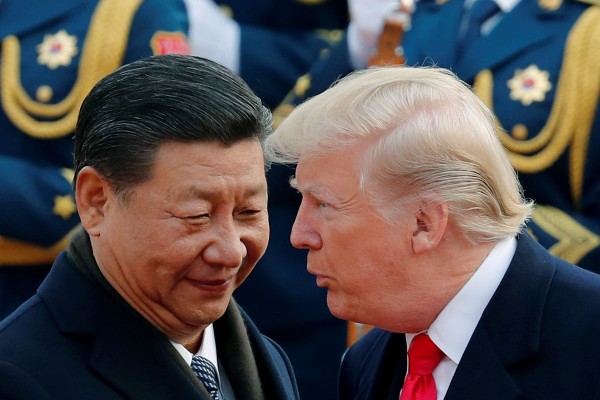For now, the jury is still out. Consumption has held up well, especially in the US, as employment has held steady.
On the other hand, investment spending and indicators of manufacturing activity have declined in recent months.
In the US, the Institute for Supply Management’s forward-looking new orders index is at the lowest level since 2009’s financial crisis.
Turning to Europe, Germany’s Ifo Institute has reported its most forward-looking indicator of business expectations is also at levels not seen since 2009. Further, the country’s purchasing managers’ index (PMI) fell to its lowest level since mid-2009 in September.
None of these influential leading indicators appear to suggest a recovery is around the corner.
It is as if there is a two-tier world economy: consumption is holding up, and manufacturing is deteriorating. Normally, though, it is manufacturing that leads the economy.
In my view, the weak manufacturing indicators result from uncertainty over the future terms of trade, or tariffs.
Until the US-China trade talks reach a conclusion, it’s hard for manufacturers selling into the US to decide whether to have a manufacturing base in China, Thailand or, indeed, the US.
The UK’s chaotic Brexit negotiations – with the chances of no deal remaining high ahead of the October 31, 2019 deadline for leaving the EU – compounds the uncertainty in the UK and Europe. The obvious response is for companies to delay any investments in production.
And that could well be what is behind the lower manufacturing indicators.
In the realms of geopolitics, the September drone attack on Saudi Arabia’s oil facilities decreased the supply of oil, resulting in a sudden 20 per cent spike in the price of oil at a time when countries hovering on the brink of recession might be vulnerable to an oil price shock.
Having said that, geopolitical uncertainty in all its forms is always with us. The Saudi attack is new but geopolitical instability is not.
If business sentiment and investment remain low for long enough, the inevitable result is lower employment, which triggers falls in consumption.
But that has not happened yet. Will growth expectations decline to the degree that they trump low interest rates?
If so, then equity valuations look vulnerable at today’s levels. But if interest rate reductions successfully support growth, then equities could still rise.
Will globalisation falter?
So much hinges on the trade talks. It is difficult to predict the respective strategies of President Trump and President Xi Jinping.
They are both strong leaders. Since the talks broke down in May, they seem less likely to countenance the compromises needed to reach agreement, so challenging the resolution of their trade differences and even the continued progress of globalisation.











